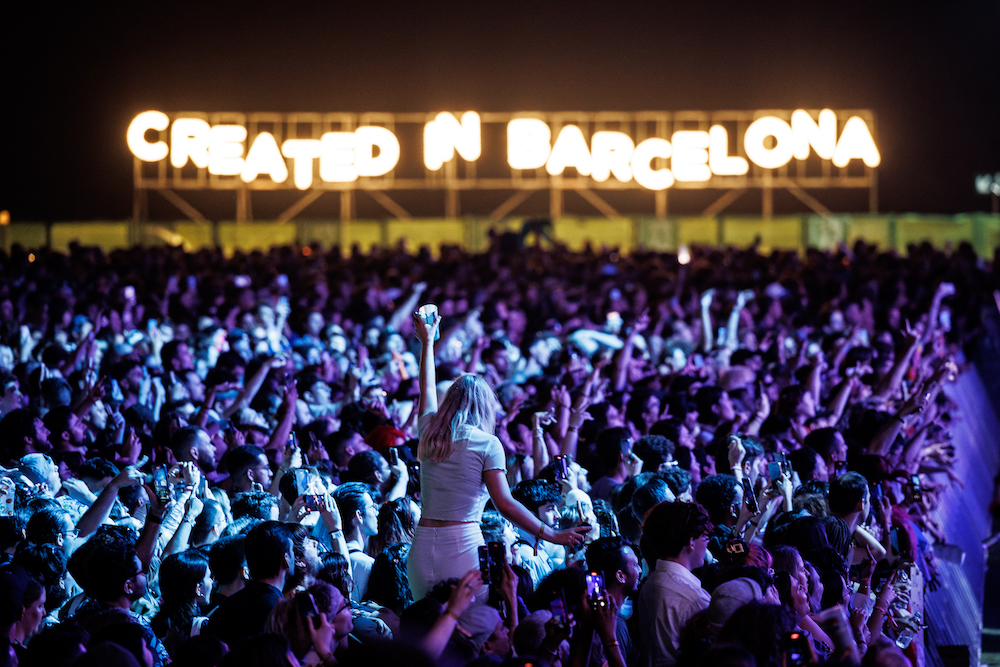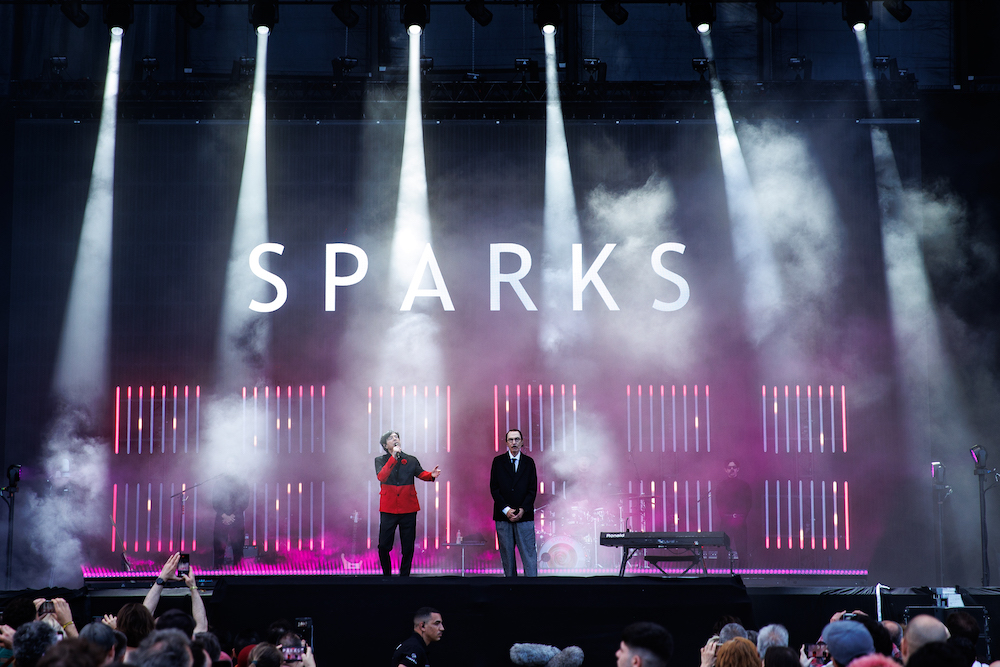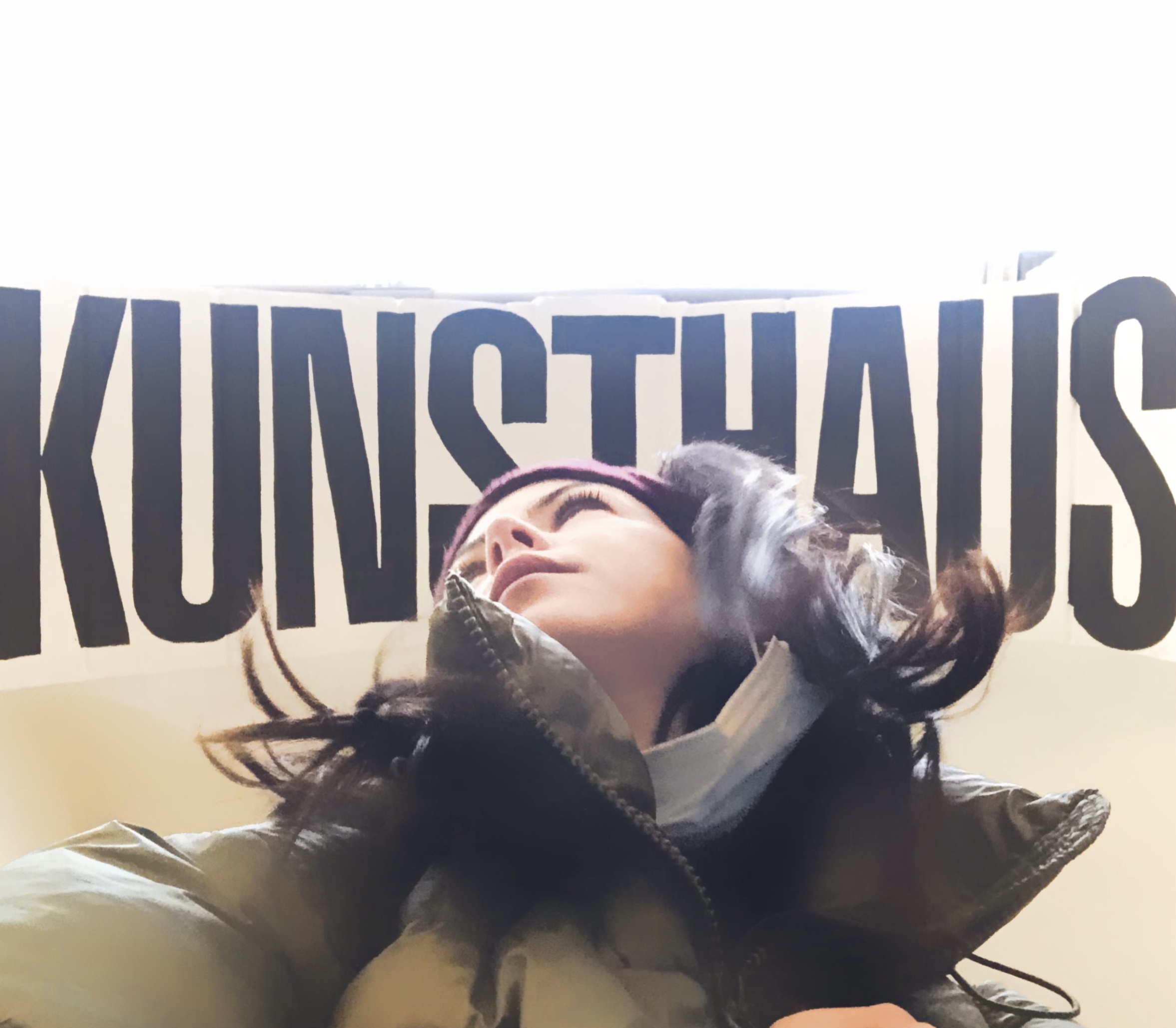Search
To search for an exact match, type the word or phrase you want in quotation marks.
A*DESK has been offering since 2002 contents about criticism and contemporary art. A*DESK has become consolidated thanks to all those who have believed in the project, all those who have followed us, debating, participating and collaborating. Many people have collaborated with A*DESK, and continue to do so. Their efforts, knowledge and belief in the project are what make it grow internationally. At A*DESK we have also generated work for over one hundred professionals in culture, from small collaborations with reviews and classes, to more prolonged and intense collaborations.
At A*DESK we believe in the need for free and universal access to culture and knowledge. We want to carry on being independent, remaining open to more ideas and opinions. If you believe in A*DESK, we need your backing to be able to continue. You can now participate in the project by supporting it. You can choose how much you want to contribute to the project.
You can decide how much you want to bring to the project.

We have sometimes relied on the mass as an engine of emancipation, as a space in which to finally resolve that Adornoian dilemma between bourgeois high culture and popular culture (Adorno, 1970). It has even been said that mass culture reconciled antagonistic ideological positions in the same project at the very moment when the cultural – or creative – industry was installed at the centre of the new economy (McRobbie, 2009). Indeed, the immaterial economy is no longer about products but about the accumulation of creative experiences and, of course, music festivals, more than any other sphere of culture, represent the paradigm of this depoliticised industry crossed by the performativity of mass listening, dancing and fashion shows.
In the midst of a disconcerting spring ambient in which drastic changes in the panorama of Spanish politics could be felt, we entered with tights, brillibrilli and metallic fabrics to the first edition that Primavera Sound shares between the two big cities of the country, as had been announced in 2022 with that controversial gigantic banner on which Colau and Ayuso reproduced the famous kiss of Brezhnev and Honecker, and which has ended up with the experiment being punctured in Madrid, although not so much as a consequence of the political climate but rather because of the weather. Primavera Sound 2023 was also the first edition in which Rosalía’s phenomenon has been given a place. An opportunity that the artist took up in an emotional way among the her super-production and huge deployment of media, sounds and complex choreographies with which the Motomami demonstrated her characteristic eclecticism to the masses.

And the fact is that immaterial culture is a culture irremediably characterised by transit, like the stellar transit of The Comet is Coming, between synthesiser, keyboard, drums and the impossible sax of Shabaka Hutchings. Or between the clubbing, techno, industrial and non-Western electronic sound of Tzusing, the Malaysian musician currently living between Shanghai and Taipei, after a stint in the United States. Tzusing, interviewed for this chronicle, did not hesitate to recognise himself as a transcultural artist. And because transit points to a question of musical genres, like the broad spectrum of Le Tigre’s post-punk; but it also implies an incisive questioning of the very concept of identity, already completely atomised with the futuristic queer noise of Yves Tumor. Perhaps this is the reason of the massive success among the new generations of bands like Måneskin, which lies not so much in the sophistication of their alleged hard rock, but rather in the democratisation of the make-up. However, perhaps it is worth remembering, as we sing along with Damon Albarn, that those of us who grew up with Blur have never clearly known who are the girls and who are the boys.
In fact, in the case that we will remember Primavera Sound 2023, it will be —apart from a decrease in the number of spectators due to its double Barcelona/Madrid offer (with the numbers done, we will have to make an assessment as to whether it was worth it or not)— for the role played by those who it would be fair to describe as masters. It was with them that our cyberspace outfit suddenly took on its full meaning because, as everyone knows, musicians like New Order don’t come from the past, but from the future. They did it by mixing guitars and synthesizers, memorable hymns and new melodies that never ceased to remind us of Joy Division. Talking about masters, masters are also Shellac, with their minimalist rock and discursive maximalism. Or the sophisticated sound of the musician and producer John Cale; and the experimental elegance of the Sparks who combined music, poetry, spoken word, performance and visual arts. In a close way, the writer, poet and artist Laurie Anderson gave a masterly sample of what can be considered today the R+D+r of music and performance. In this constellation, of course, Depeche Mode electrified us with an apotheosis of darkness and tragic celebration, where a powerful and generous Dave Gahan taught us everything a duel has to offer.

Recognising ourselves in the new ones, but learning from these other generations that continue to be the authentic modern ones, we are left to reflect on the depoliticisation of the cultural industry and the increasingly intense push towards a conception of music —especially electronic music— as a territory of consensus. Meanwhile, as long as we continue to ignore the political component —vital or militant, but certainly passionate— of culture beyond its version as mere entertainment, a mechanism of evasion or mass consumption, perhaps we will have to witness unexpected kisses and unusual alliances, but at least this will catch us dancing.
(Cover photo: Banner of Ada Colau and Isabel Díaz Ayuso’s kiss at Primavera Sound 2022. Photo © Rocío Curia / Infobae from the article Postales del Primavera Sound published in Infobae on June 5, 2022)

"A desk is a dangerous place from which to watch the world" (John Le Carré)